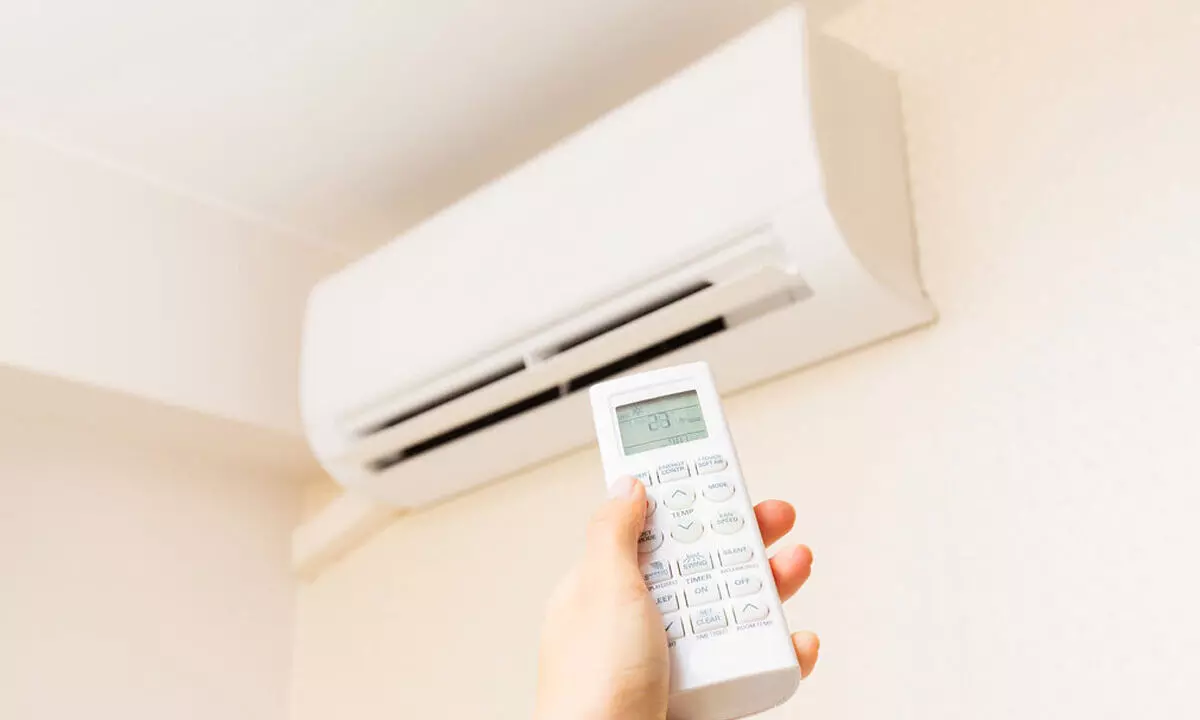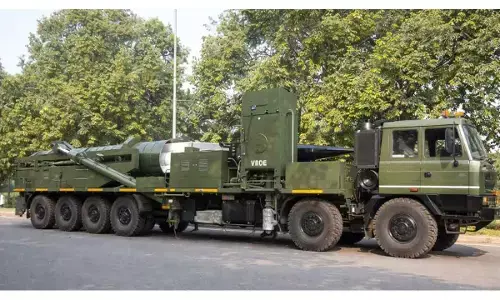Maximizing Comfort: The Ultimate Guide to Ducted Air Conditioners

7 key things to keep in mind before buying your next Air Conditioner
In the relentless pursuit of comfort within our homes, ducted air conditioning systems have emerged as indispensable solutions. Offering a seamless blend of efficiency, versatility, and aesthetic appeal, ducted air conditioners have become increasingly popular among homeowners seeking optimal climate control. In this comprehensive guide, we'll delve into the intricacies of ducted air conditioning, exploring its workings, benefits, installation considerations, maintenance requirements, and cost factors, to help you make informed decisions about maximizing comfort in your living space.
Understanding Ducted Air Conditioning Systems
Ducted air conditioning systems operate on a central cooling principle, where cool air is distributed throughout the home via a network of ducts hidden within ceilings, walls, or floors. There are three main parts to these systems: the pipe, the outdoor unit, and the indoor unit, which is also called the air handler or fan coil unit. The compressor and condenser, which cool the gas, are inside the outdoor unit. The cooled refrigerant is then circulated to the indoor unit, where it absorbs heat from indoor air, cooling it down. The conditioned air is then distributed through ducts to various rooms in the house, maintaining a consistent temperature throughout.
Benefits of Ducted Air Conditioning
Whole-house Cooling: Unlike traditional window or split-unit air conditioners, ducted systems provide uniform cooling across the entire home, eliminating hot spots and ensuring consistent comfort levels in every room.
Aesthetic Appeal: Ducted air conditioning brisbane systems are discreet, with only grilles or vents visible in each room, offering a sleek and unobtrusive appearance that doesn't interfere with interior design aesthetics.
Energy Efficiency: By cooling the entire home from a central point, ducted systems can be more energy-efficient than multiple standalone units, especially when equipped with zoning capabilities that allow precise temperature control in different areas.
Noise Reduction: With the noisy components located outside the home, such as the compressor, ducted systems provide quieter operation indoors, enhancing comfort without disruptive noise levels.
Improved Air Quality: Ducted systems often include air filtration options, removing dust, allergens, and pollutants from the air as it circulates through the system, promoting a healthier indoor environment.
Installation Considerations
Ducted Air Con systems work best and last longer when they are installed correctly. Some important things to think about are:
System Sizing: An appropriately sized system is essential to ensure optimal performance. To figure out the right system size, a professional HVAC technician will look at things like the home's size, insulation levels, amount of windows, and the weather in the area.
Duct Design: The layout and design of ductwork play a significant role in the effectiveness of the system. Well-designed ductwork should be sized appropriately for each room, with minimal bends and obstructions to airflow.
Zoning: Zoning allows different areas of the home to be cooled independently, providing customized comfort and energy savings. Talk to your provider about your zoning needs to make sure the system is set up to meet them.
Airflow Balancing: Proper airflow balancing ensures even distribution of conditioned air throughout the home, preventing hot or cold spots. Your installer should carefully adjust dampers and registers to achieve balanced airflow.
Insulation: Proper insulation of ductwork is essential to prevent energy loss and maintain consistent temperatures. Insulated ducts help minimize heat gain or loss as air travels through the system, improving efficiency.
Maintenance Requirements
Regular maintenance is essential to keep ducted air conditioning systems running smoothly and efficiently. Here are some maintenance tasks to consider:
Filter Replacement: To keep the air quality inside good and keep airflow from being slowed down, clean or change air filters on a regular basis. Depending on usage and environmental factors, filters may need to be replaced every few months.
Duct Cleaning: Periodic duct cleaning helps remove accumulated dust, debris, and allergens, ensuring optimal airflow and indoor air quality. Professional duct cleaning services can be scheduled as needed.
Coil Cleaning: The indoor and outdoor coils should be inspected and cleaned annually to remove dirt and debris that can impair heat transfer and reduce system efficiency.
Check Refrigerant Levels: Low refrigerant levels can indicate a leak in the system, which should be promptly repaired by a qualified technician. Regular refrigerant checks ensure optimal system performance and prevent compressor damage.
Inspect Ductwork: Inspect ductwork for signs of leaks, damage, or deterioration. Sealing leaks and repairing damaged ducts helps maintain efficient airflow and prevents energy loss.
Cost Considerations
Several things affect how much it costs to install a ducted air conditioning system: the size of the home, the system's capacity, how hard it is to install, and any extra features you choose, like zoning and air filters. Many people see ducted air cooling systems as an investment that pays off because they save money on energy costs and make homes more comfy over time. These systems may cost more at first than other types.
Conclusion
When it comes to making homes more comfortable, ducted air conditioning systems are the best choice. Ducted systems are a popular choice for people who want to control the temperature inside their homes perfectly because they look good, use less energy, and make the air quality better. By understanding the workings, benefits, installation considerations, maintenance requirements, and cost factors associated with ducted air conditioning, you can make informed decisions to enhance comfort and quality of life in your home. Consult with a qualified HVAC professional to explore the options available and find the system that best meets your needs and preferences.

















